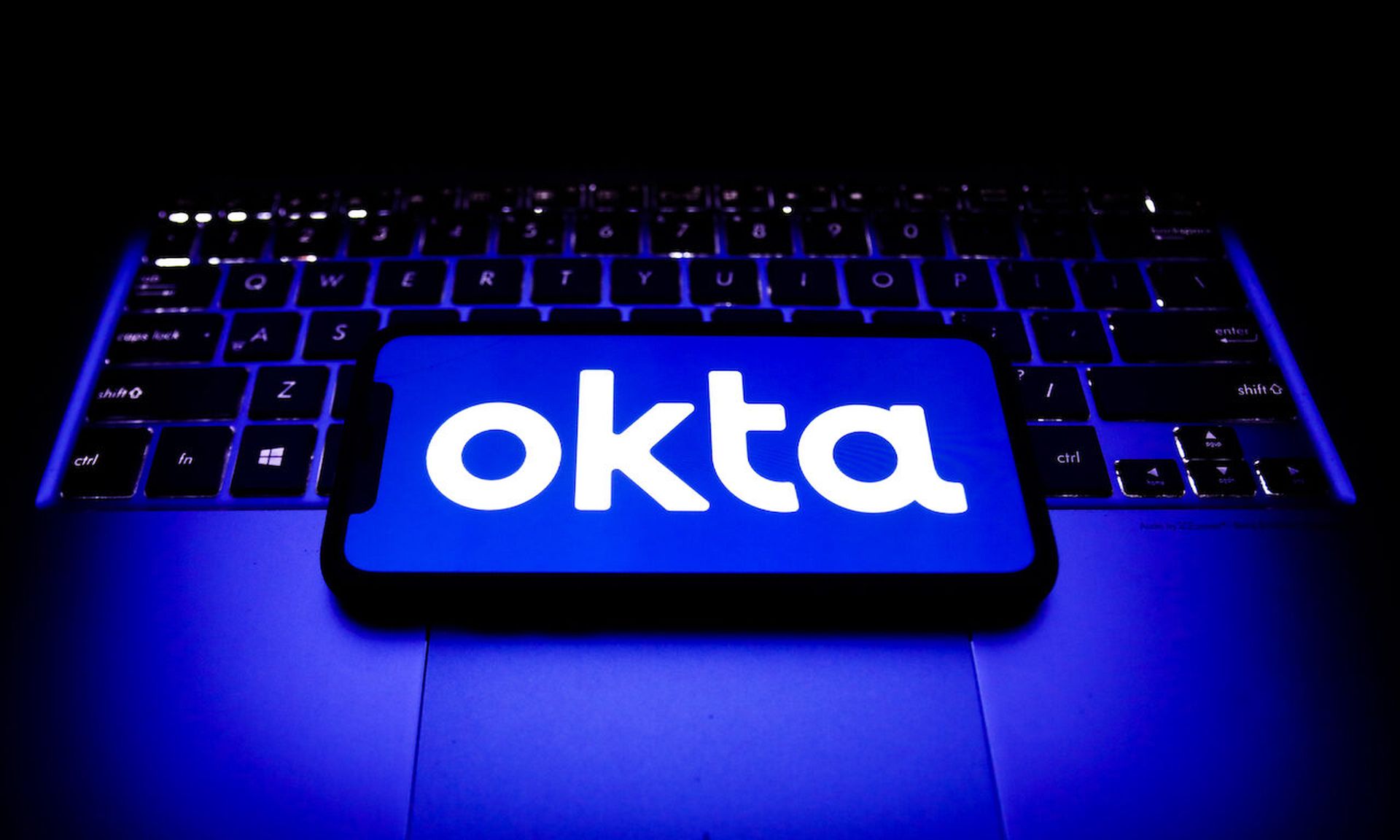Last week, Okta brought its partners to Las Vegas for the annual Oktane conference. With the event now in the rear-view mirror, let's to take a look at the key moments from the show and what they could mean going forward.
Actions toward a new standard
Okta kicked off the conference with a bang, announcing the launch of a new initiative aimed at redefining the identity management landscape. Interoperability Profile for Secure Identity in the Enterprise, or IPSIE for short, is a planned open source standard that would allow SaaS vendors to have a simple way to verify identity across multiple services and platforms.
In order to make IPSIE a reality, Okta has invited in a number of peers in the space, including Microsoft, Ping Identity, and Beyond Identity to help craft the standard. Getting so many competing and contrasting parties to work together can be like herding cats, so Okta has brought in the OpenID Foundation to help oversee the project.
IPSIE is an ambitious undertaking, but should it succeed it could have an enormous impact on the way SaaS platforms operate and alleviate a lot of the stress and security risks for enterprises.
AI takes center stage
When it comes to tasks that can be assigned to AI, Identity management doesn’t always spring to mind. Okta wants to change that.
The company showcased a number of upgrades to its Customer Identity Cloud aimed at integrating the platform with any number of popular AI frameworks and models. The updates aimed for the generative AI field could help developers handle identity detail in a number of ways, including handling granular identity checks, interacting with AIs, and managing asymmetrical identity checks.
What does this mean in real-world terms? The updates would be best used by AI agents, the sort of automated bots that would perform tasks such as customer service and digital assistants. Automated tasks would become more secure and better performing.
WIC updated for device security
The third of Okta’s major announcements concerned its Workforce Identity Cloud or WIC platform. A set of new features for WIC would aim to close many of the security gaps that arise when SaaS vendors try to transfer user data across multiple platforms with various security standards and protocols.
Most notably, WIC has added new management and governance tools regarding individual devices. The idea is to create an environment where even user-owned devices must have the required security configurations to access a network and, should that change, the device can easily be isolated from the network and the user notified of the potential security concern.
This announcement was of particular interest to many of Okta’s partners, who see a key growth opportunity in their ability to integrate with the platform and add value for customers.
Other areas of interest included solving the shortcomings of MFA and turning the tables on threat actors.




